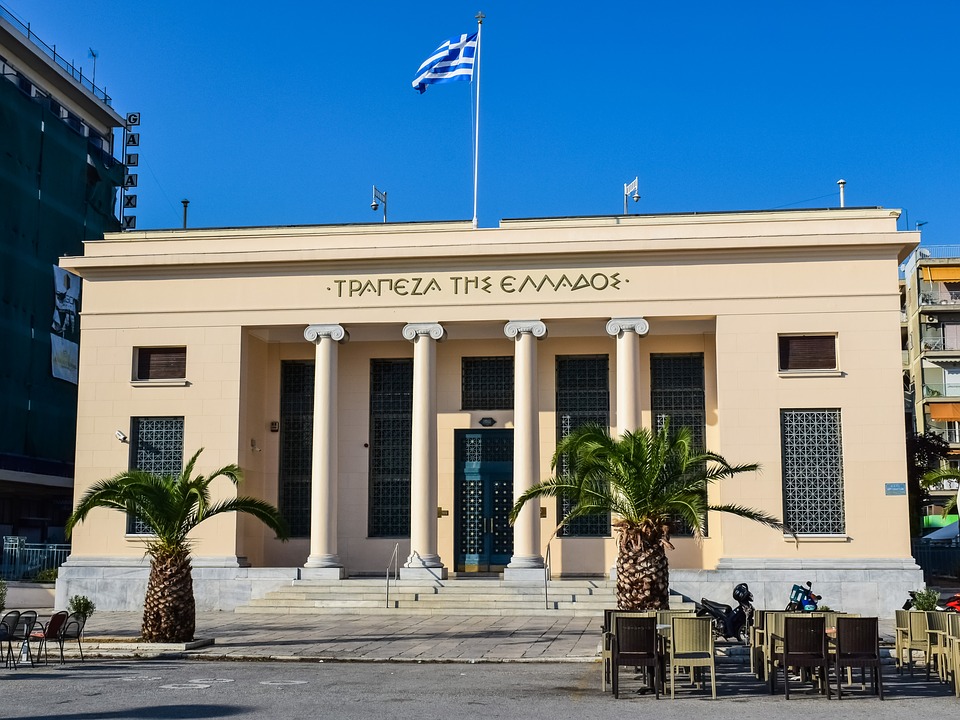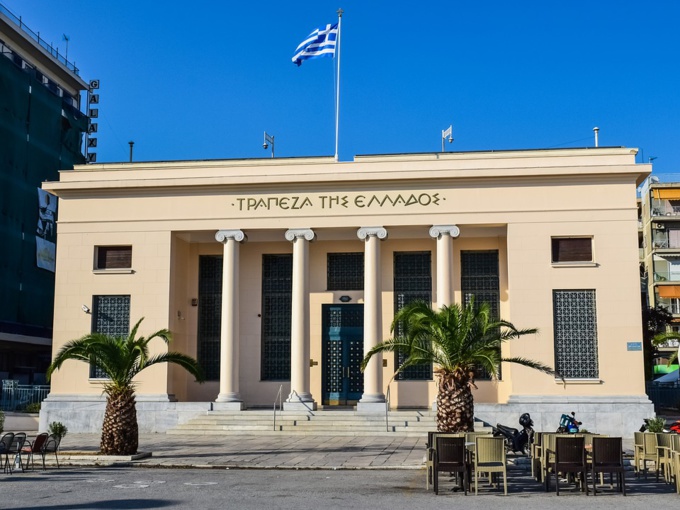Greece received 260 billion euros in financial aid since 2010, and the third phase of the program will end in August 2018. Athens, seeking to show that they can already access the debt markets, already attracted 3 billion euros from the sale of bonds with a maturity of 7 years.
But some EU policy makers believe that Greece will not be able to cope without a back-up credit line. The head of the Central Bank of Greece, Yannis Stournaras, speaking at the annual meeting of shareholders of the central bank, said that the precautionary support program will help the financing process of Greece. "International experience has shown that testing the market to create a liquidity cushion before the end of the program creates an atmosphere of trust and opens the way for the country to exit the program," Stournaras said.
"Nevertheless, we should separately consider a program of precautionary support," added Stournaras. According to him, it will reduce borrowing costs for Greece and will provide the government and banks with access to loans after the completion of the financial rescue program.
The government intends to avoid the creation of such a precautionary credit line, since it will have to make serious sacrifices. This is quite difficult for a country that has faced hard economy for eight years.
"The possibility of using a preventive support program... should not be dramatized," Stournaras said, since "European mechanisms were created for their use if necessary."
Earlier it was reported that Greece fulfilled 99% of the conditions for receiving a new tranche of European macro-financial assistance, but it will not receive it until the end of March. This conclusion was made by the finance ministers of the euro area at the planned meeting of the Eurogroup in Brussels.
"Greece made very great progress in completing the third review of the economic situation in the country, 108 out of 110 agreed conditions were fulfilled. I would say that this is 99%, but not 100%, and this work needs to be completed," the European Commissioner for Economic and Financial Affairs Pierre Moscovici said. He also expressed confidence that Athens will be able to withdraw from the third program of macro-financial assistance in time, that is, until the end of August.
At the same time, according to the head of the European stabilization mechanism Klaus Regling, Greece will not be able to "receive the next tranche of European macro-financial assistance before the second half of March."
Greece has been under the external assistance program since 2010. During this time, the euro area countries adopted three different three-year programs of macro-financial assistance to this country in exchange for stringent fiscal discipline measures. The first two of them were not brought to completion, and new programs were created on their basis. The third program should be completed in August 2018, after which Greece must return to the borrowed capital markets. During this period, the country was at least three times on the verge of default, and only the injections of creditors kept Greece from falling.
source: reuters.com
But some EU policy makers believe that Greece will not be able to cope without a back-up credit line. The head of the Central Bank of Greece, Yannis Stournaras, speaking at the annual meeting of shareholders of the central bank, said that the precautionary support program will help the financing process of Greece. "International experience has shown that testing the market to create a liquidity cushion before the end of the program creates an atmosphere of trust and opens the way for the country to exit the program," Stournaras said.
"Nevertheless, we should separately consider a program of precautionary support," added Stournaras. According to him, it will reduce borrowing costs for Greece and will provide the government and banks with access to loans after the completion of the financial rescue program.
The government intends to avoid the creation of such a precautionary credit line, since it will have to make serious sacrifices. This is quite difficult for a country that has faced hard economy for eight years.
"The possibility of using a preventive support program... should not be dramatized," Stournaras said, since "European mechanisms were created for their use if necessary."
Earlier it was reported that Greece fulfilled 99% of the conditions for receiving a new tranche of European macro-financial assistance, but it will not receive it until the end of March. This conclusion was made by the finance ministers of the euro area at the planned meeting of the Eurogroup in Brussels.
"Greece made very great progress in completing the third review of the economic situation in the country, 108 out of 110 agreed conditions were fulfilled. I would say that this is 99%, but not 100%, and this work needs to be completed," the European Commissioner for Economic and Financial Affairs Pierre Moscovici said. He also expressed confidence that Athens will be able to withdraw from the third program of macro-financial assistance in time, that is, until the end of August.
At the same time, according to the head of the European stabilization mechanism Klaus Regling, Greece will not be able to "receive the next tranche of European macro-financial assistance before the second half of March."
Greece has been under the external assistance program since 2010. During this time, the euro area countries adopted three different three-year programs of macro-financial assistance to this country in exchange for stringent fiscal discipline measures. The first two of them were not brought to completion, and new programs were created on their basis. The third program should be completed in August 2018, after which Greece must return to the borrowed capital markets. During this period, the country was at least three times on the verge of default, and only the injections of creditors kept Greece from falling.
source: reuters.com



















